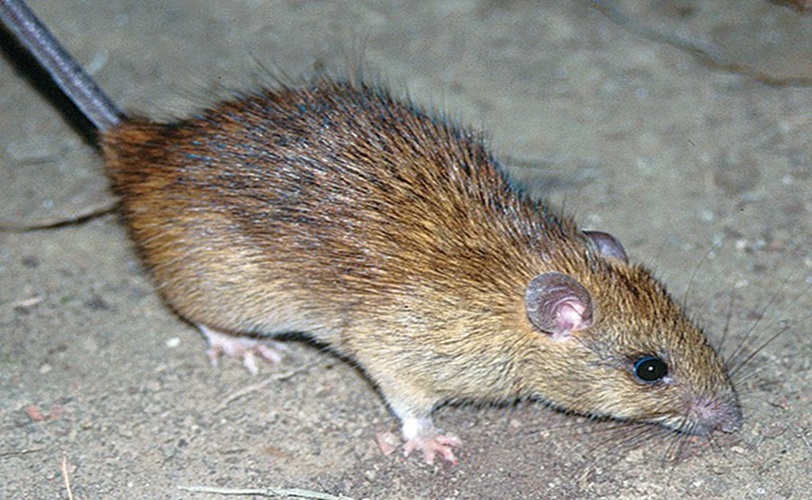No dead rats, just infertile rats
The farmers notice many rats in and around their farms, they look for an expert to advise and provide a solution. The solution could be anything: a new poison that kills rats instantly or slowly, holly water that keeps rats from the field but ultimately doesn’t, a special prayer by the clergy, etc. But the rats are still there and crop depredation reaches 80 or 100%. The farmers think that rats are too clever for them to control. Rats have always been a big burden to communities all over the world. The African farmer sees his crop damaged by rats in the field and in storage; the Asian farmers lose 50% of their paddy crop and the city resident, whether in Dar es Salaam, Nairobi, New York or London, worries about rats getting into the house and eating the bread or damaging clothes, electrical wiring, etc. They also carry infectious bacteria and viruses that could cause serious illnesses in humans and ultimately, death. Rats are no friends of anyone and despite our technological advancement we are still unable to control their invasion in the fields or in the houses effectively. Indeed, some of them are permanent residents in hour houses to the extent that your nearest neighbors is not human, but a rat.


Knowledge, Attitude and Practice (KAP) study Field estimation of density of rats
The fact is that when you kill rats by poisoning or trapping you end up seeing many dead rats and you become very happy. But this happiness doesn’t last long because the few remaining rats, which for some reason did not die, have more food resources and therefore they breed very quickly and multiply in numbers much faster than before the poisoning. It’s no wonder farmers have often complained that the poison that was applied increased the fertility of rats! It is an ecological phenomenon because there are fewer rats after the poisoning and therefore there is no competition between them for resources, they produce more offspring and the young survive better than before and numbers rise within a short period.


A field baited with fertility hormone bait Talking to farmers about fertility control
What is the solution to this problem? ACE IRPM &BTD wanted to develop an innovative solution to counter this problem. The question was “Can we make rats produce fewer young or stop them from producing offspring?” The idea of fertility control, just as it has been successfully been applied for humans, was our immediate opinion. If we could use a fertility control hormone, in form of a reproductive inhibition pill for rats, then numbers will be small, no dead rats, but just a few infertile rats. We embarked on finding a suitable synthetic hormone, but ultimately came up with two, which we started experimenting on for a period of 4 years. Not only did a mixture of the two synthetic hormones incorporated in edible bait reduce sperm production in male rats, but it also reduced sperm movement, increased sperm mortality and deformity, to the extent that male rats became infertile and could not fertilize females. For the females, the uterus became filled with a liquid (assumed to be water) and were practically infertile because they could not conceive at all. This was a major breakthrough in our research on fertility control. We soon embarked on field trials after the success of our laboratory experiments and we were able to demonstrate that when the bait was applied in the field it remained effective for about 90 days, which was an enough duration to reduce field rodent populations to levels that were not economically damaging to farmer’s crops. So, fertility control of rats was a workable solution to reduce rat populations and prevent rat outbreaks in the field.


Participatory research with farmers
The new product that we formulated was named “AntiFert” and has been registered as a rodent control product in Tanzania. Soon the product will be available commercially for farmers to use in their fields, three months before they plant their crop. This is a major development in rodent management in Africa, particularly to achieve the goal of ecologically-based rodent pest management. This is one of our best success stories for rodent pest management in which poisons will no longer be applied and the negative environmental impacts associated with them will no longer be a concern. For the pest control teams, be ready to distribute birth control pills (bait) for RATS.





